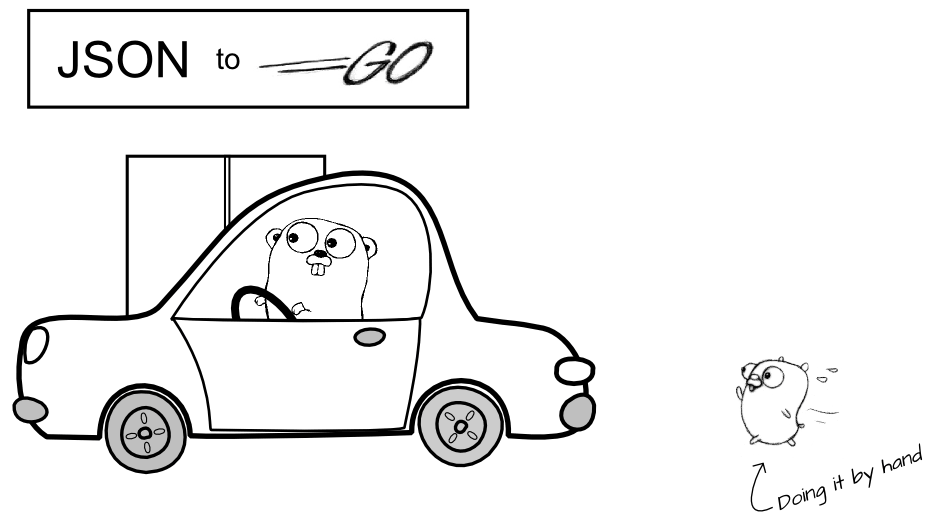The following json works for previous anonymous struct, but not the current non-anonymous structs. I just get undefined.
{
"id": "7a305b33-471c-42cf-9baf-f5220dc17180",
"version": "1.1",
"name": "Dummy",
"url": "",
"tests": [{
"id": "3cd0b9fa-aba7-4f9a-b278-c5b43fd9b6be",
"name": "SeleniumIDE",
"commands": [{
"id": "39b58390-385c-4a1e-8915-a993f08cc165",
"comment": "",
"command": "open",
"target": "https://www.seleniumhq.org/",
"targets": [],
"value": ""
}, {
"id": "6458c851-6c8b-4b82-81d6-66eede61fa2f",
"comment": "Goto \"Projects\"",
"command": "echo",
"target": "",
"targets": [],
"value": "Test Step 1"
}, {
"id": "bf6c20ea-1a4a-4235-969e-d2b04d193a5b",
"comment": "",
"command": "click",
"target": "linkText=Projects",
"targets": [
["linkText=Projects", "linkText"],
["css=a[title=\"Selenium Projects\"]", "css"],
["css=#menu_projects > a", "css:finder"],
["xpath=//a[contains(text(),'Projects')]", "xpath:link"],
["xpath=//li[@id='menu_projects']/a", "xpath:idRelative"],
["xpath=//a[contains(@href, '/projects/')]", "xpath:href"],
["xpath=//li[5]/a", "xpath:position"]
],
"value": ""
}, {
"id": "b4e645f8-c16d-45a6-8116-c36b90ad3a68",
"comment": "Goto \"Selenium IDE\"",
"command": "echo",
"target": "",
"targets": [],
"value": "Test Step 2"
}, {
"id": "ec99567d-e01b-46f8-b773-9a963ef9cc67",
"comment": "Get into https://www.seleniumhq.org/selenium-ide/",
"command": "click",
"target": "linkText=Selenium IDE",
"targets": [
["linkText=Selenium IDE", "linkText"],
["css=h3:nth-child(9) > a", "css:finder"],
["xpath=//a[contains(text(),'Selenium IDE')]", "xpath:link"],
["xpath=//div[@id='mainContent']/div/h3[3]/a", "xpath:idRelative"],
["xpath=//a[contains(@href, '/selenium-ide/')]", "xpath:href"],
["xpath=//h3[3]/a", "xpath:position"]
],
"value": ""
}, {
"id": "d5886005-7d6d-4cbf-b400-1feaebb51546",
"comment": "Goto \"Doc\"",
"command": "echo",
"target": "",
"targets": [],
"value": "Test Step 3"
}, {
"id": "18dc810f-2753-471c-b304-5ded76b99d60",
"comment": "Get into https://www.seleniumhq.org/selenium-ide/docs/en/introduction/getting-started/",
"command": "click",
"target": "linkText=Docs",
"targets": [
["linkText=Docs", "linkText"],
["css=li > a", "css"],
["css=li:nth-child(1) > a", "css:finder"],
["xpath=//a[contains(text(),'Docs')]", "xpath:link"],
["xpath=//a[contains(@href, '/selenium-ide/docs/en/introduction/getting-started')]", "xpath:href"],
["xpath=//li/a", "xpath:position"]
],
"value": ""
}]
}],
"suites": [{
"id": "ef0df0fa-eb97-4d88-9e8c-b3aa0be8a687",
"name": "Default Suite",
"persistSession": false,
"parallel": false,
"timeout": 300,
"tests": ["3cd0b9fa-aba7-4f9a-b278-c5b43fd9b6be"]
}],
"urls": [],
"plugins": []
}




